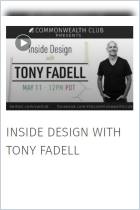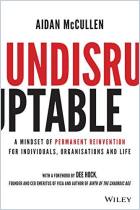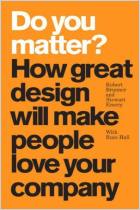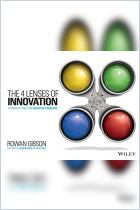Rejoignez getAbstract pour lire le résumé !

Rejoignez getAbstract pour lire le résumé !
Aspen Ideas
How to Build Things That Change the World: Advice from the Creator of the iPod
Aspen Institute, 2022
Aperçu
To change the world, attune yourself to its problems.
Recommendation
If you want to know how to create wildly successful products, taking advice from Tony Fadell is a good place to start. Fadell holds over 300 patents, he was on the team that brought you the iPod, and he’s the co-founder and former CEO of Nest. He’s now the principal at Future Shape, an investment and advisory firm for deep tech start-ups. In his talk at the Aspen Ideas Festival, Fadell encourages would-be inventors to push the boundaries and take risks if they want to develop truly transformative solutions.
Summary
About the Speaker
Tony Fadell is an inventor, entrepreneur and investor, known best for his work on the iPod and Nest. He’s the author of Startup Playbook: Secrets of the Fastest-Growing Startups from Their Founding Entrepreneurs.
























Comment on this summary